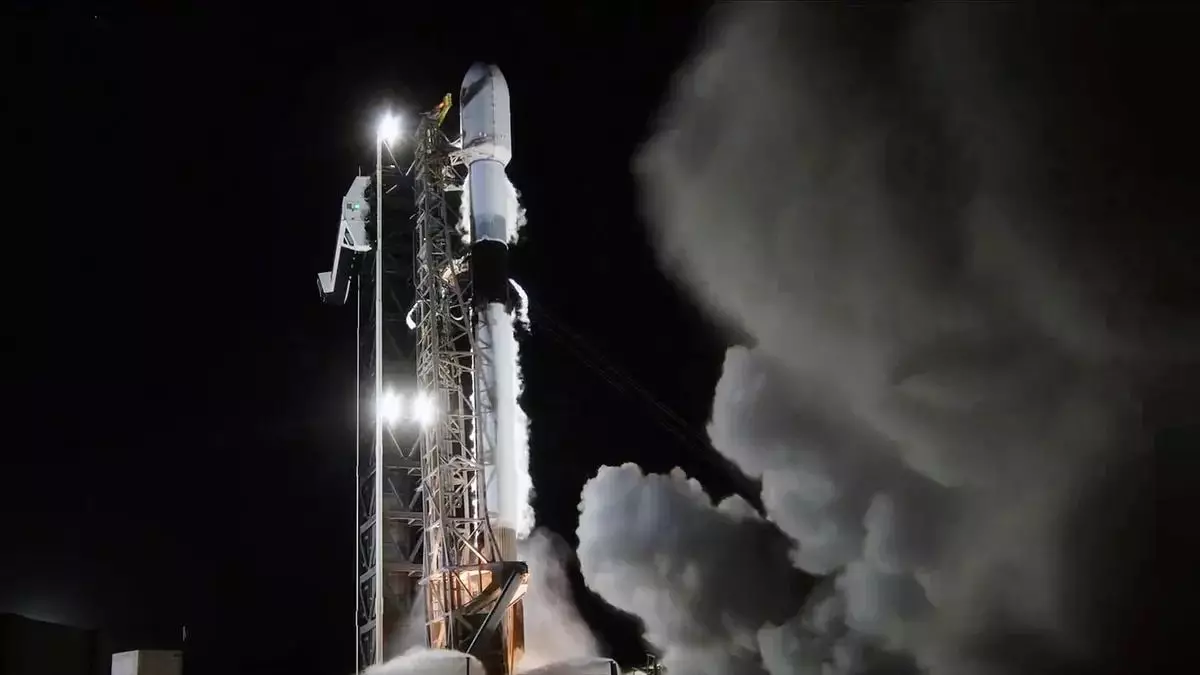On April 21, 2023, a Falcon 9 rocket surged through the night sky from Cape Canaveral, ushering in a new era for European aerospace with its Bandwagon-3 mission. At the heart of this historic flight was the Phoenix 1 capsule, a project from German-based Atmos Space Cargo, which is not merely a technological endeavor but a bold declaration of intent. This mission stands as the first instance where a European private entity attempts to return a spacecraft from orbit, quite literally redefining the boundaries of commercial space exploration.
Innovative Technology with a Purpose
Phoenix 1’s innovative design features a groundbreaking inflatable heat shield—a bold move meant to ensure safe reentry of valuable cargo. The ambition here is palpable; Atmos Space Cargo isn’t just looking to make a successful splash in the ocean; it aims to transform the landscape of space logistics. Their assertion that this mission could revolutionize sectors like microgravity research and life sciences isn’t merely aspirational rhetoric; it reflects a real foresight into the potential economic benefits of space exploration. As they look to test essential technologies, the stakes are high. Success would not only bolster the company’s credibility but also serve as a beacon for investors and researchers alike who have been waiting for a commercial breakthrough in space technologies.
The Collaborative Spirit of the Bandwagon Missions
Phoenix 1’s ride into the cosmos isn’t an isolated event. It shares the stage with other innovative payloads such as South Korea’s 425Sat-3 and the Tomorrow-S7 weather satellite. This collaborative aspect of the Bandwagon missions underscores SpaceX’s commitment to democratizing access to space— lowering costs, increasing flexibility, and bringing together international players in pursuit of shared goals. In an age of escalating geopolitical tensions and competition in space, such partnerships are not just beneficial; they are vital. They cultivate an environment ripe for innovation while underscoring the harmonizing role that commercial space exploration can play on a global scale.
A New Competitive Edge for Europe
While the achievements of SpaceX and other American firms are undeniable, Europe’s ascent in this domain marks a significant shift in the competitive dynamics of the space race. The successful reentry of Phoenix 1 would cement Europe’s status in the arena of commercial space travel and signal to the world that there’s more than one player capable of making monumental advancements. This mission serves as a litmus test not just for Atmos Space Cargo but for all European space endeavors. It exposes a gap in capability that others might exploit, yet it also positions Europe as a rising contender that brings its own strengths to the table.
The push for excellence in reentry capabilities showcases a commitment to advancing scientific inquiry and technological innovation, essential elements for anyone aiming for a foothold in the new frontier. In light of these developments, the European space sector appears poised not just to catch up with its competitors but potentially outshine them with a robust framework for future exploration and exploitation of the vast resources beyond our planet. As we look to the stars, Europe is indeed ready to claim its rightful stake in this exhilarating chapter of human history.

Leave a Reply